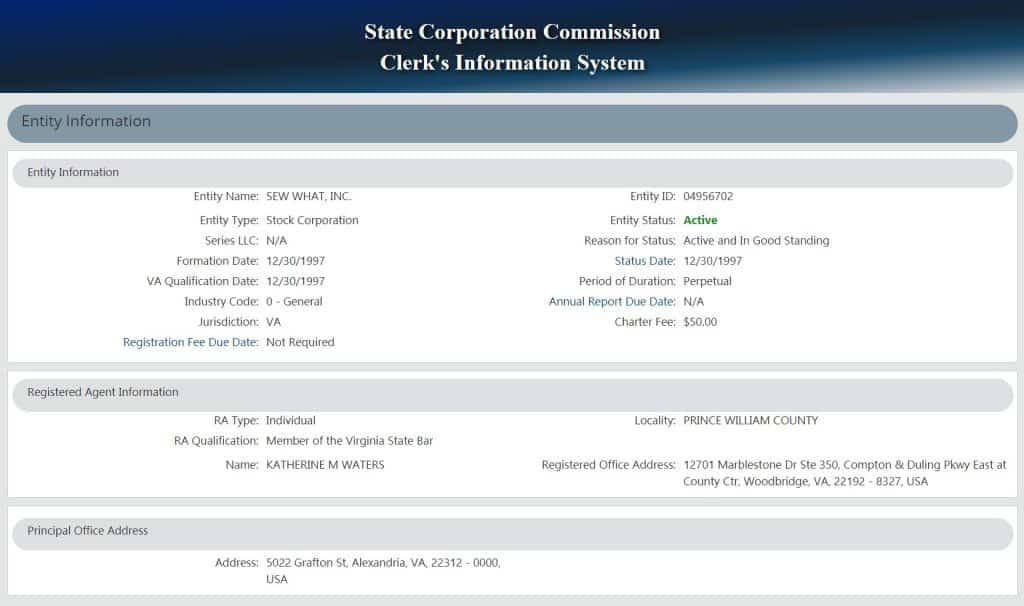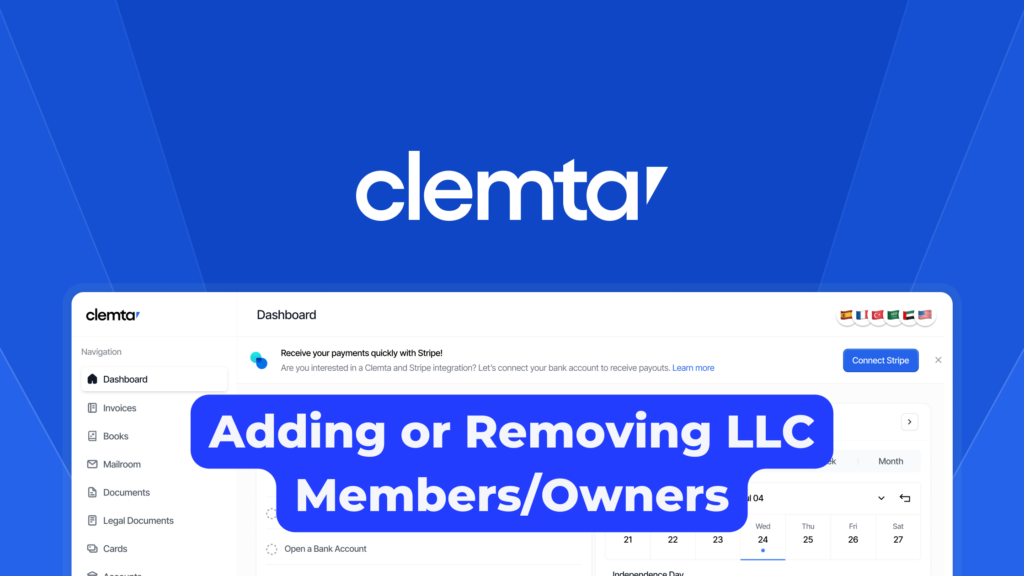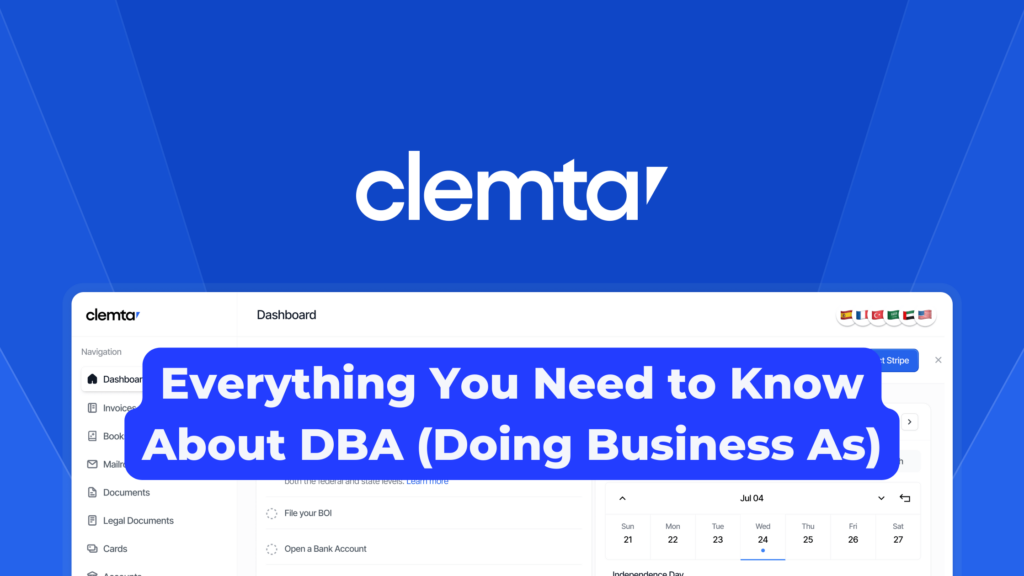Why Choose Texas for Your LLC?
Forming an LLC in Texas offers business owners numerous advantages, including a business-friendly environment, low tax burdens, and access to a thriving consumer market. If you’re considering starting your business, here’s why Texas might be the perfect choice:
- No State Income Tax: Texas stands out as one of the few states without personal state income tax, allowing you to keep more of your profits and increase tax efficiency.
- Growing Economy: The state’s economy is booming, particularly in industries like technology, eCommerce, and real estate, making it ideal for startups and expanding businesses.
- Ease of Registration: Forming an LLC is straightforward, even for those outside the U.S., with Texas providing clear guidelines for non-residents.
Whether you’re opening a Shopify store, launching a consulting firm, or managing another type of business, forming an LLC in Texas gives you flexibility, tax benefits, and legal protection. Learn more about state-specific requirements at www.texas.gov.
Step 1: Choose a Business Name and Verify Its Availability
Choosing a unique business name is the first and most important step when forming an LLC in Texas. Your business name must meet certain legal requirements outlined by the state. Here’s what you need to know:
- Meet Naming Guidelines: The name must include expressions like “LLC,” “Limited Liability Company,” or their abbreviations. It should also avoid restricted terms like “bank” or “insurance” unless specifically allowed.
- Check for Name Availability: Ensure your name is distinguishable from other businesses already registered in Texas. Any similarities might result in rejection.
- Optional Reservation: If your business name is available, you can file Form 501 (Application for Reservation) with the Secretary of State to reserve the name for 120 days.
To check name availability, visit the Texas Secretary of State SOSDirect website. Securing a unique business name ensures your LLC is compliant and legally recognizable.
Step 2: Appoint a Registered Agent
Every LLC in Texas must appoint a registered agent to handle legal correspondence on its behalf. This registered agent ensures compliance and safeguards your privacy.
If you’re a non-resident or unable to serve as a registered agent yourself, consider hiring a professional service authorized to operate in Texas. Remember, the agent must have a physical street address in Texas and be available during standard business hours.
The Benefits of Hiring a Registered Agent:
- Never Miss Alerts: A registered agent ensures delivery of all critical notices, such as lawsuit papers or compliance reminders.
- Focus on Operations: Free your time to focus on growing your business rather than tracking mail.
- Maintain Privacy: Using a registered agent keeps your personal address off public records.
For official requirements, visit the Texas Comptroller of Public Accounts website.
Step 3: File the Certificate of Formation
Filing a Certificate of Formation (Form 205) with the Texas Secretary of State legally establishes your LLC. Often referred to as the Articles of Organization, this document contains details such as the company name, address, and management structure.
What the Certificate Covers:
- Company name and primary address.
- Registered agent’s information.
- Organizational details, such as whether the LLC is member-managed or manager-managed.
The filing fee is $300, which can be submitted via the SOSDirect filing portal. Once approved, you’ll receive a Certificate of Formation as proof of your LLC’s existence.
Step 4: Create an LLC Operating Agreement
Though not legally required in Texas, having an Operating Agreement is strongly recommended for smooth business operations. This document defines the roles and responsibilities of managers, profit-sharing terms, and other internal governance rules.
Why an Operating Agreement is Essential:
- Prevents potential disputes between members.
- Adds credibility with banks, investors, or other stakeholders.
- Streamlines decision-making and avoids mismanagement issues.
Taking the time to draft an Operating Agreement ensures long-term business success. For reference, check out the Texas State Law Library for templates or legal advice.
Step 5: Apply for EIN and Meet Tax Requirements
You’ll need an EIN (Employer Identification Number) from the IRS to handle key business activities like hiring employees, filing taxes, or opening business bank accounts.
For non-US residents, this process can seem complex, but services like app.clemta.com can assist with obtaining an EIN without delays. EIN applications are free when submitted directly through the IRS.
Key Tax Requirements for Texas LLCs:
- No state income tax, but your LLC may still owe franchise taxes if annual revenue exceeds $1.25 million.
- Businesses must file annual franchise tax reports with the Comptroller’s Office.
Stay ahead of tax deadlines by reviewing the state’s official tax FAQs at Tex.gov Tax Portal.
Step 6: Open a Business Bank Account
Opening a dedicated business bank account is critical for managing your LLC’s finances efficiently. U.S. banks typically require the following documents to set up your account:
- EIN from the IRS.
- Texas-issued Certificate of Formation.
- Copy of your Operating Agreement.
- A valid government ID or passport.
Having a business account safeguards your personal assets and ensures better financial tracking for tax purposes. Visit banks like Chase, Bank of America, or online service providers catering to startups.
For additional assistance, consult the Texas Department of Banking.
Step 7: Obtain Necessary Business Licenses and Permits
Based on your industry, your Texas LLC may require specific licenses or permits to operate. For example:
- eCommerce Companies: Must apply for a Sales Tax Permit to collect and remit sales taxes for goods sold online.
- Professional Services: Require occupational licenses, such as legal, medical, or accounting certifications.
Explore the necessary requirements on the Texas Department of Licensing & Regulation’s webpage to avoid non-compliance penalties.
Final Thoughts on Texas LLC Formation
Starting an LLC in Texas offers entrepreneurs numerous opportunities to thrive in the U.S. market. By following these clear steps, you can ensure a smooth setup process while avoiding common mistakes. Whether it’s streamlining your EIN application, understanding taxation, or finding the right registered agent, taking proactive steps will prepare your business for long-term success.
For personalized assistance, visit app.clemta.com, where our team is ready to guide you through Texas LLC formation and beyond.








